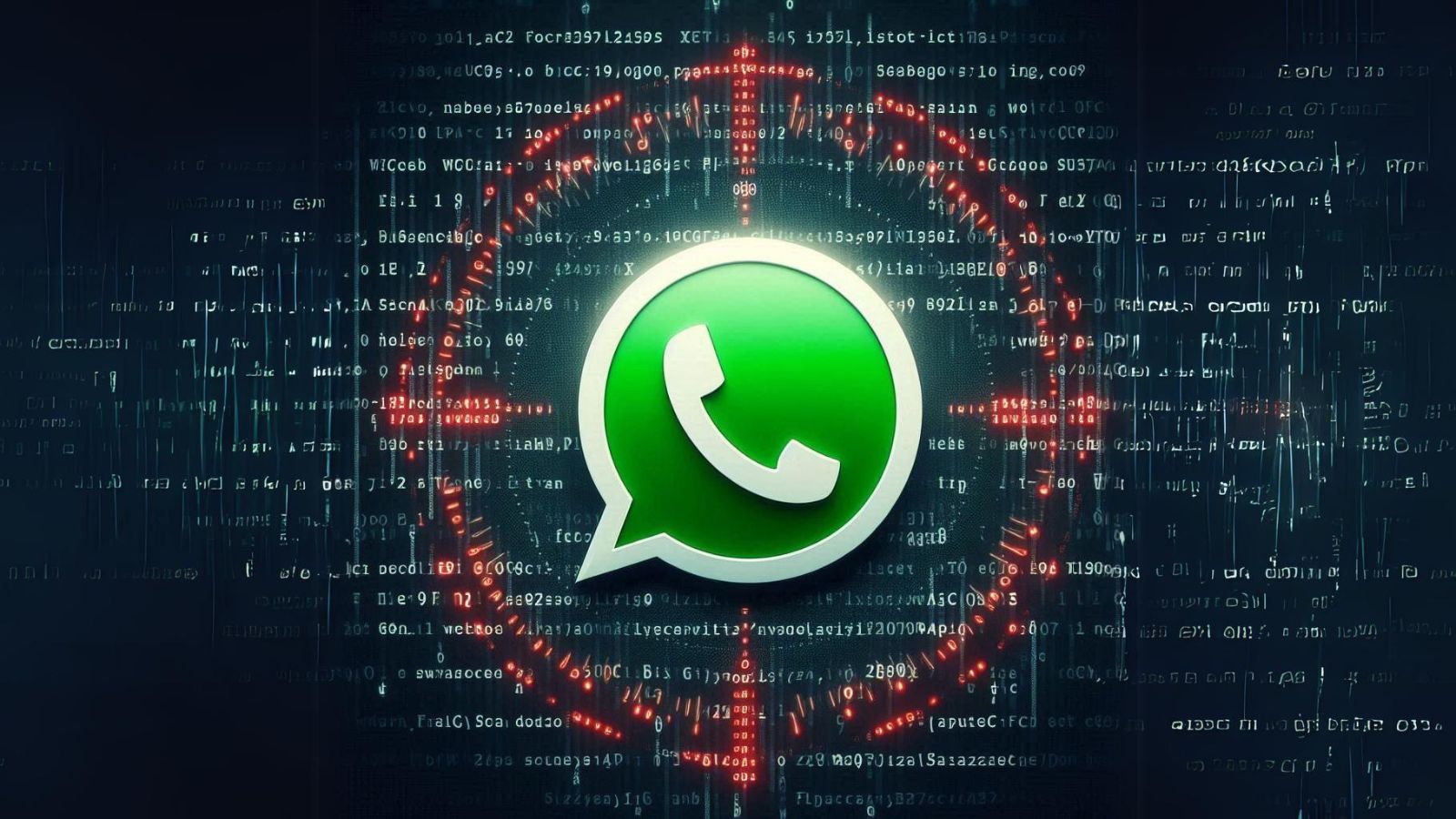
New York Fiber Laser Expert Convicted of Stealing Trade Secrets for China in Economic Espionage Case
Key Takeaways
- Conviction: A federal jury in New York convicted fiber laser expert Ji Wang of economic espionage and theft of trade secrets.
- Stolen technology: Wang stole hundreds of files related to high-powered fiber laser technology developed for a joint DARPA and Corning Inc. project.
- National security threat: The stolen technology had military applications, including potential use in laser weapons for defense systems.
A federal jury in the Western District of New York has convicted Ji Wang, 63, of Painted Post, N.Y., on multiple charges. The verdict follows an investigation into Wang's theft of sensitive defense research from his former employer, Corning Incorporated.
The case highlights a significant breach of trust involving technology critical to U.S. national security.
Theft of Advanced Fiber Laser Technology
Between 2002 and 2007, Wang worked on an $11.4 million joint project funded by the Defense Advanced Research Projects Agency (DARPA) and Corning, a U.S. Department of Justice press release said.
The project's goal was to develop advanced fiber laser technology for high-power military and commercial applications, including laser-based defense systems capable of intercepting missiles.
On July 1, 2016, Wang stole hundreds of non-public files containing trade-secret manufacturing technology, the document said. The stolen information would have enabled him to produce specialized optical fibers for these advanced lasers.
“Mr. Wang stole sensitive technology that Corning, Inc. and DARPA spent millions of dollars developing so he could line his own pockets and help our adversaries undermine U.S. national security,” said Assistant Director Roman Rozhavsky of the FBI’s Counterintelligence Division.
“For years, China’s government has waged a vast economic espionage campaign designed to put our nation at risk and American companies out of business.”
He is convicted of:
- two counts of economic espionage,
- one count of theft of trade secrets,
- one count of attempted economic espionage,
- one count of attempted theft of trade secrets.
Sentencing is scheduled for April 15, 2026.
Chinese Espionage Case
Evidence presented at trial showed that ten days before the theft, Wang had applied for China’s Thousand Talents Plan, an initiative designed to incentivize scientists and technology experts to return to China.
Wang was negotiating with Chinese government entities to establish a specialty fiber business in China, intending to use the stolen trade secrets. His business plans explicitly advertised the technology's military applications, including its installation on tanks.
This economic espionage conviction is a critical example of a national security case involving trade secret theft and insider threat, as an American later identified as a former general manager of L3Harris Trenchant was accused of selling zero-day exploits to Russia.
Last month, China alleged that US cyber espionage targeted the National Time Service Center. Around the same time, the F5 cybersecurity breach was linked to China-backed nation-state threat actors and the MI5 warned U.K. politicians of state-sponsored espionage from China, Russia, and Iran.










